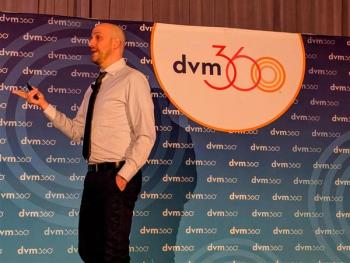
New equine PET scan program at UC Davis proving successful
School one of the first to offer equine PET scans since machine's arrival in August.
Since the arrival of a new positron emission tomography (PET) scanner in August, the University of California, Davis, veterinary hospital has become one of the first to offer equine PET scans, according to a UC Davis release.
In August and September six horses were scanned to validate a clinical protocol as well as test the scanner. For all six horses, both PET scans and computed tomography (CT) scans were performed under the same anesthetic procedure. Anesthesia time was about two hours, during which six different areas were imaged-both front feet, both front fetlocks and both carpi.
In addition to PET and CT scans the horses were also scanned with magnetic resonance imaging (MRI) and scintigraphy. Stress remodeling lesions were documented, especially in the fetlock and the carpus. Several of the lesions found were not apparent in the scintigraphy, CT or MRI but were on the PET, confirming an advantage of PET scanning, the release states. Further research is planned on the thoroughbred fetlock as the veterinarians believe that PET has the potential to help prevent catastrophic injuries in racehorses.
In October, a clinical trial of client-owned animals began, with funding from the Grayson-Jockey Club Research Foundation and UC Davis'
Newsletter
From exam room tips to practice management insights, get trusted veterinary news delivered straight to your inbox—subscribe to dvm360.




